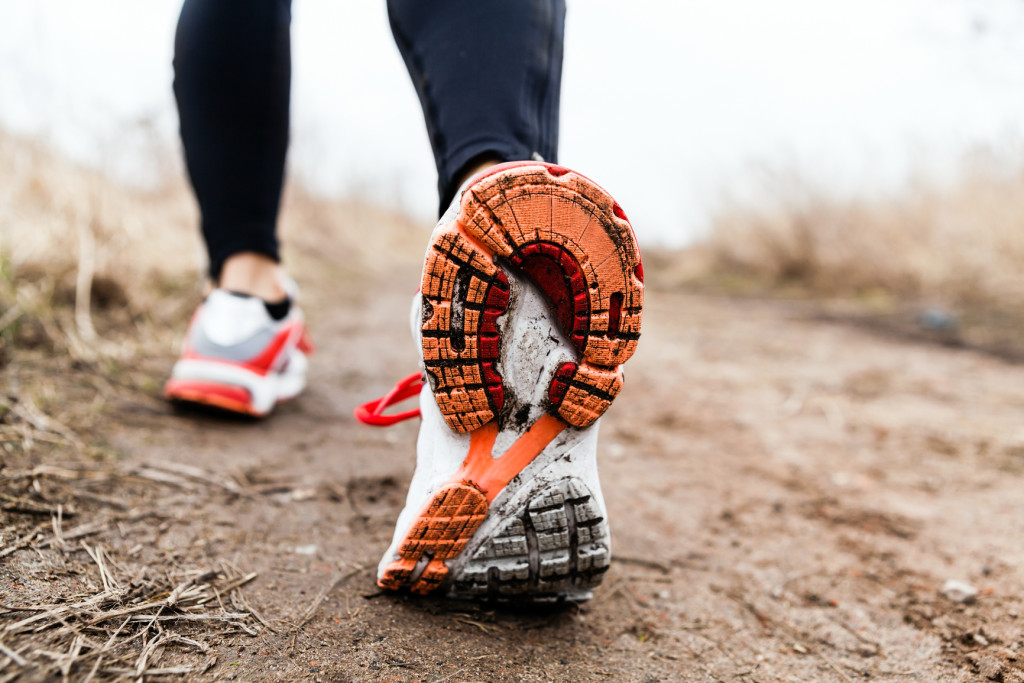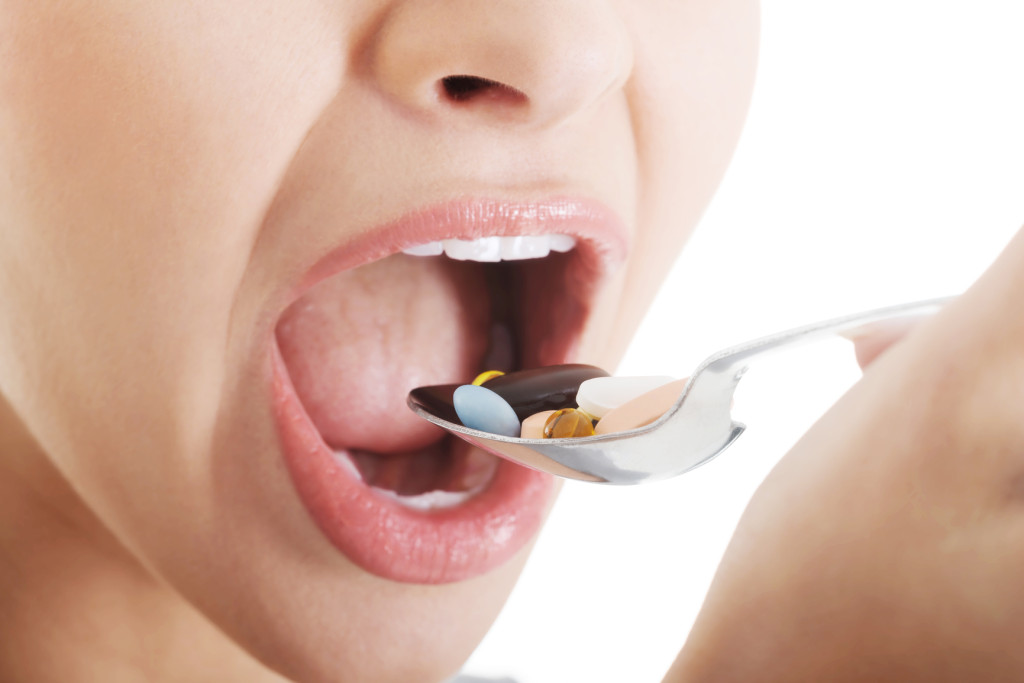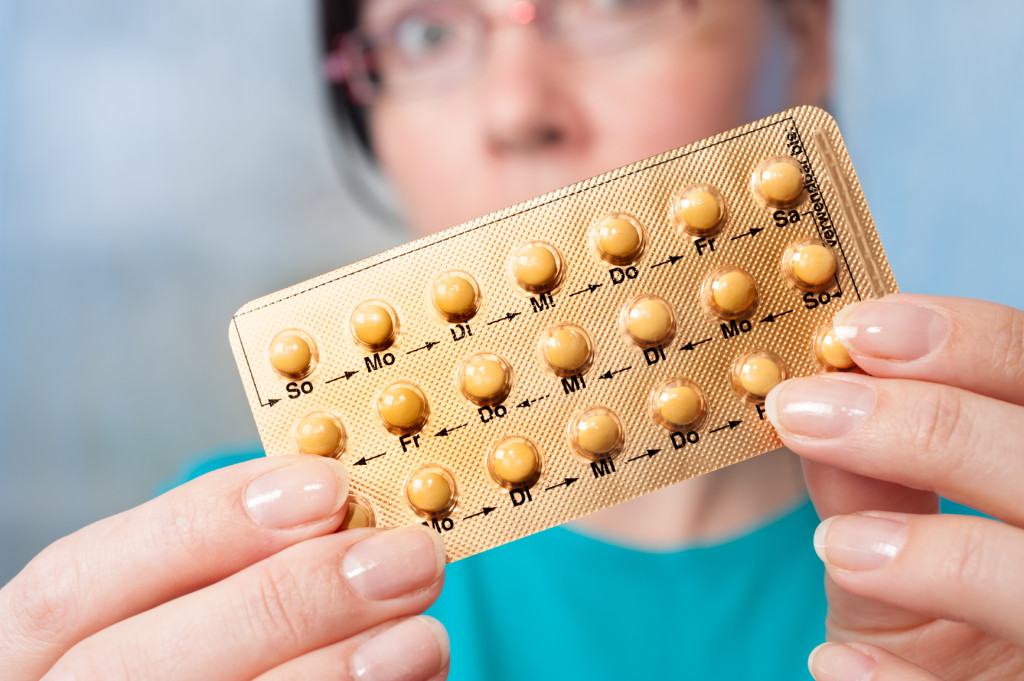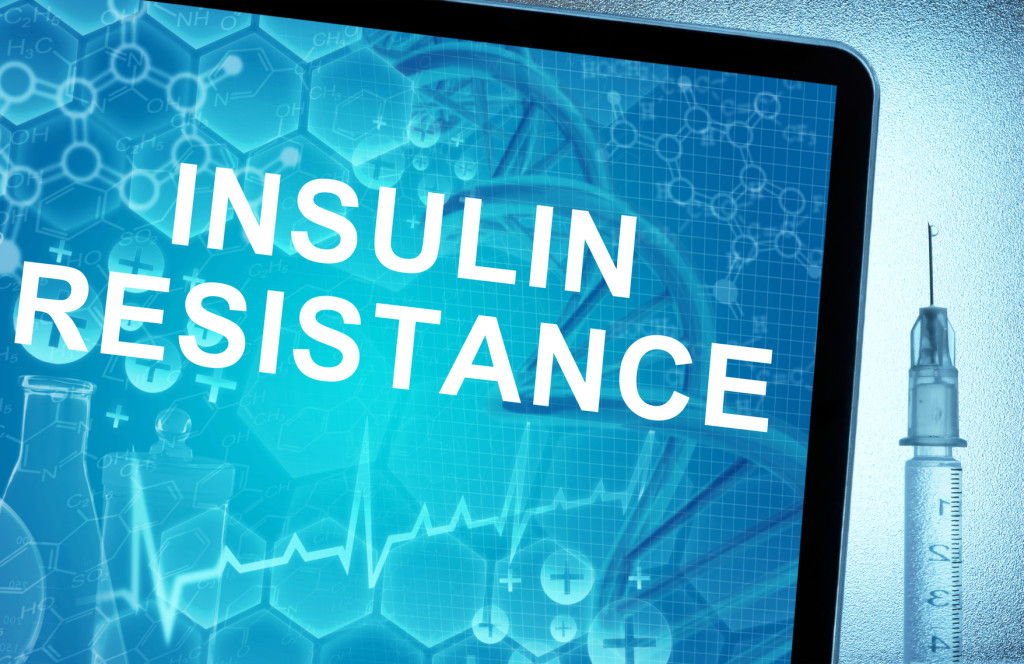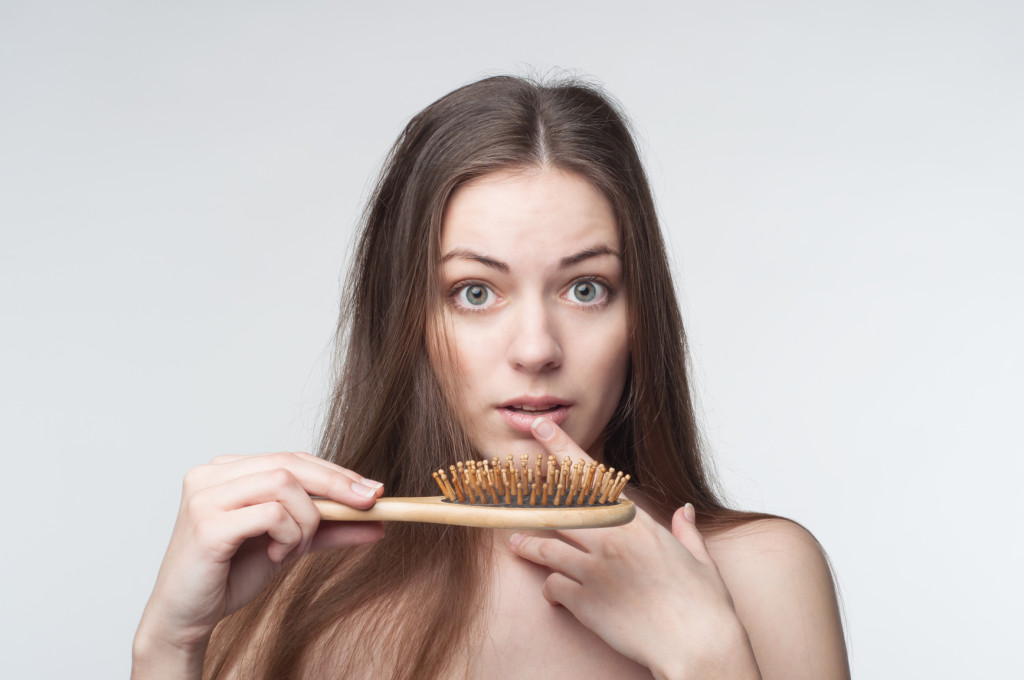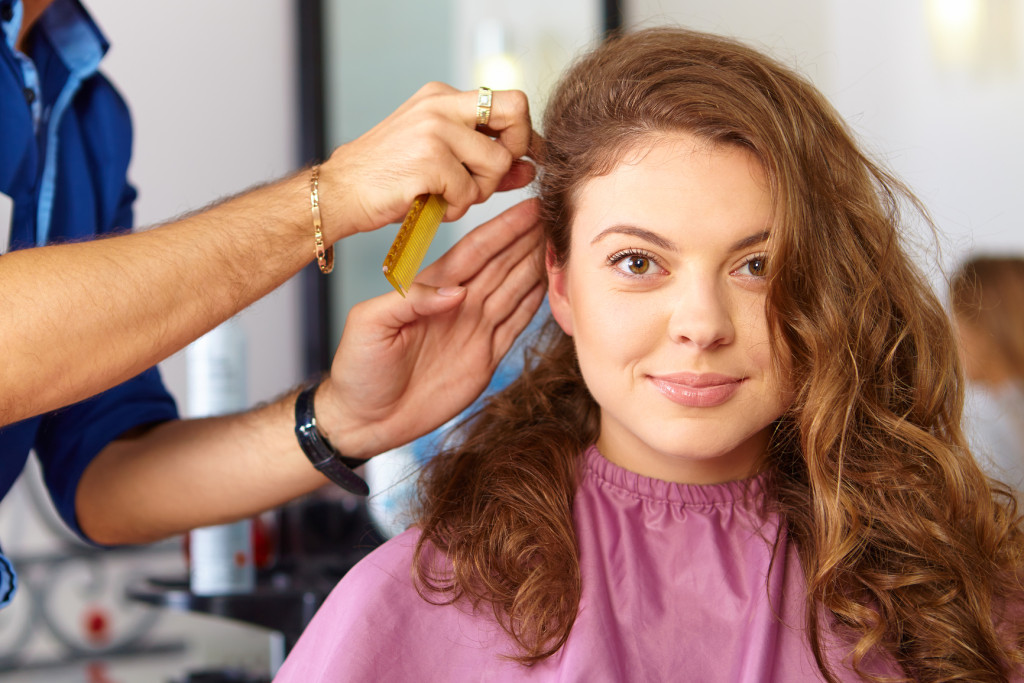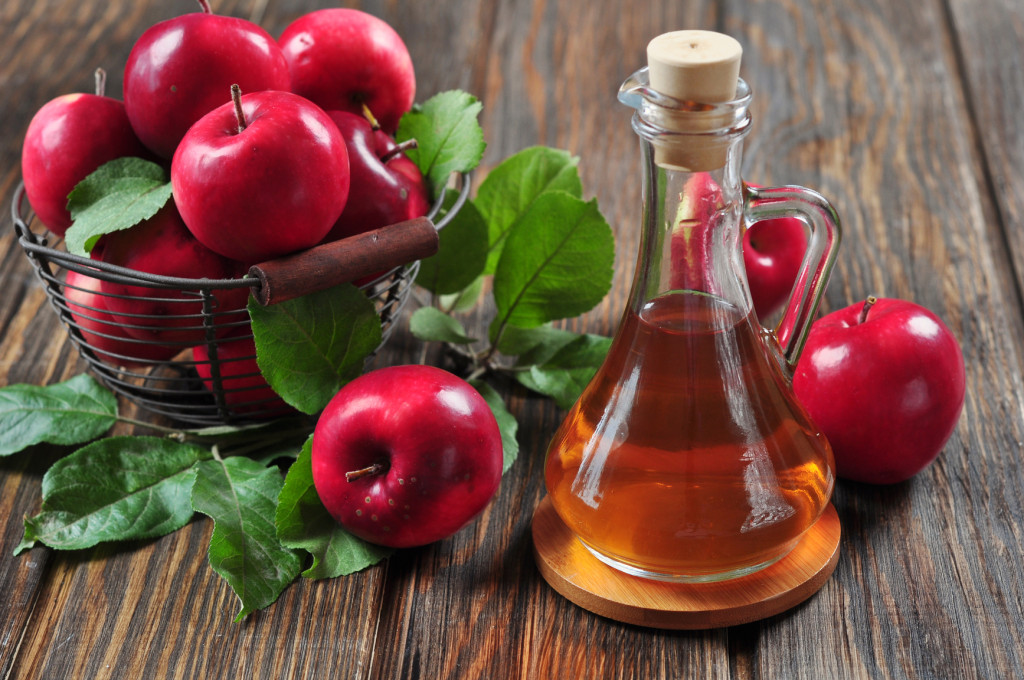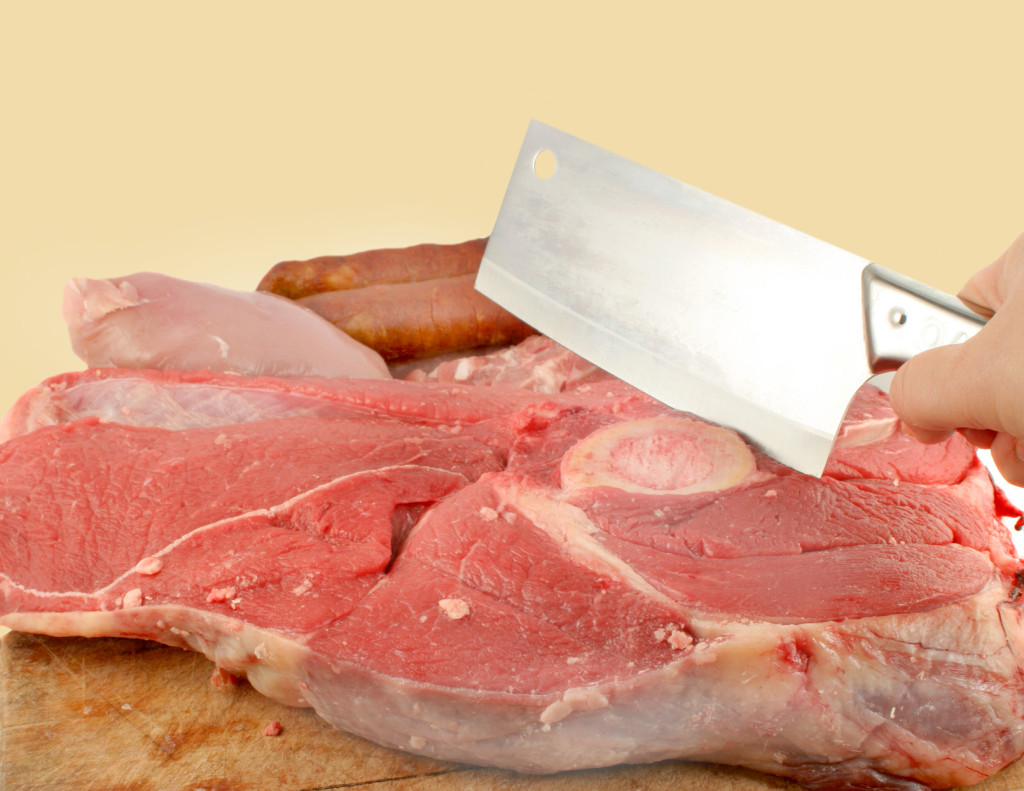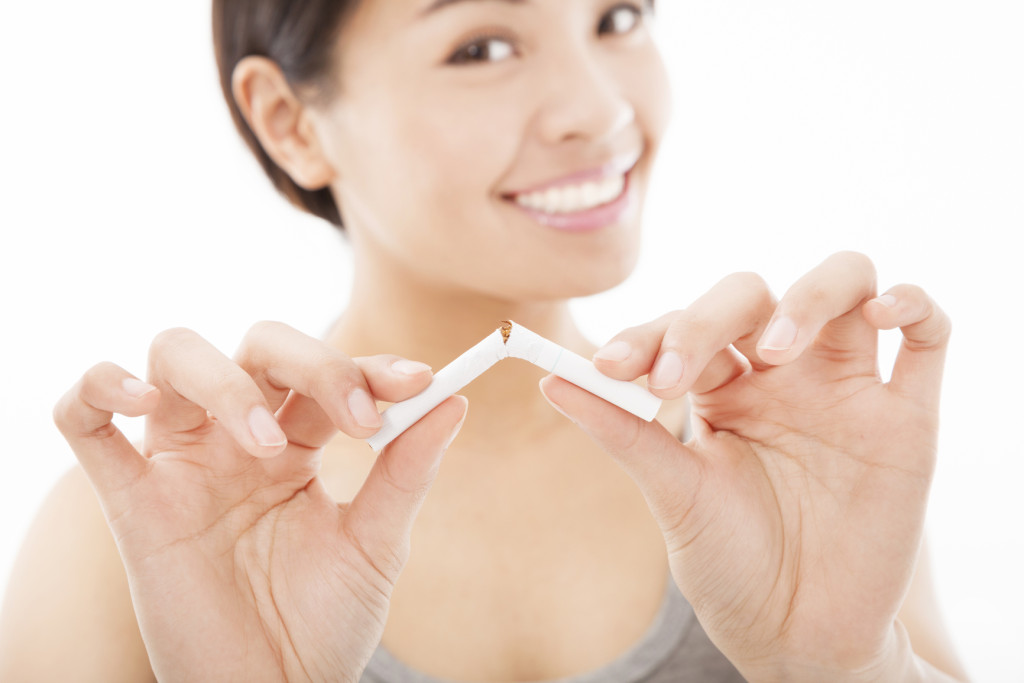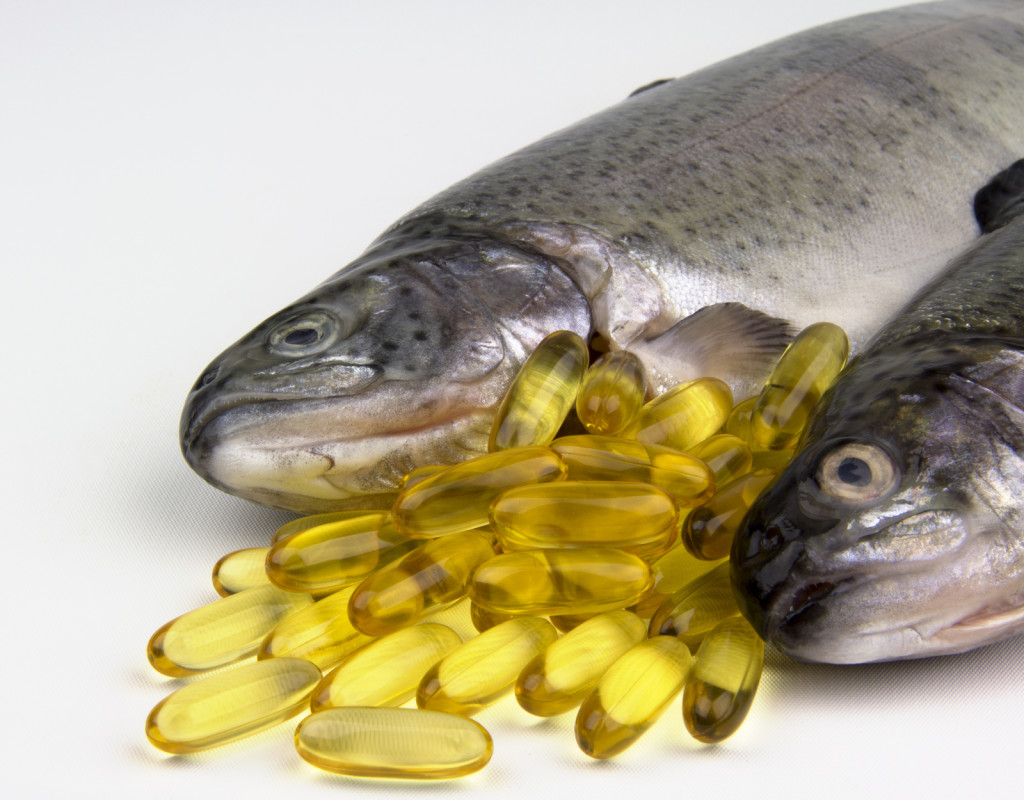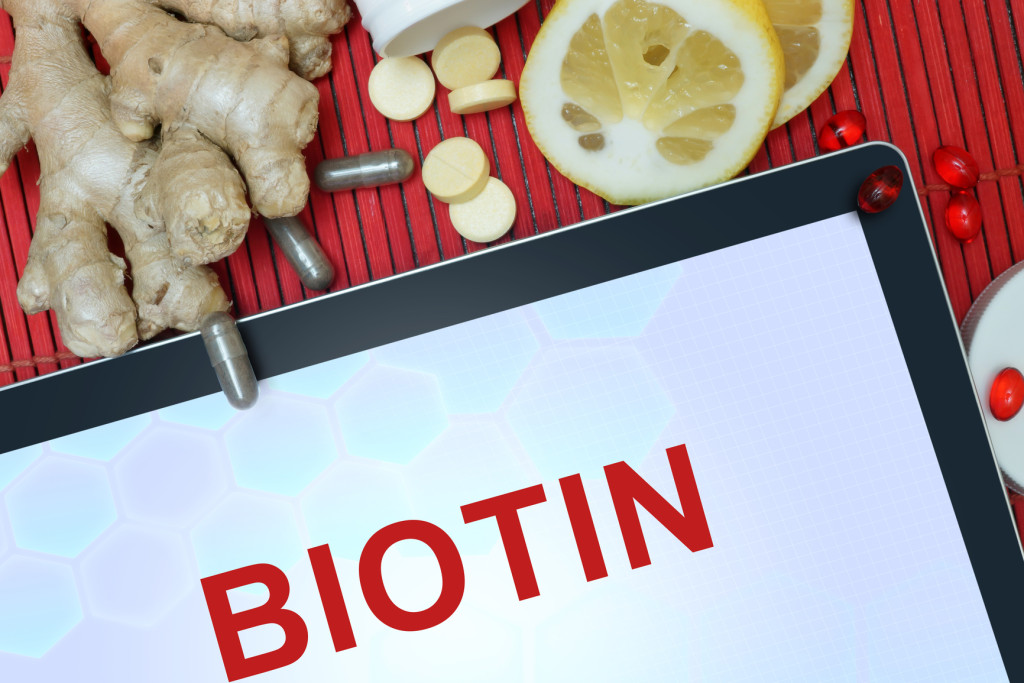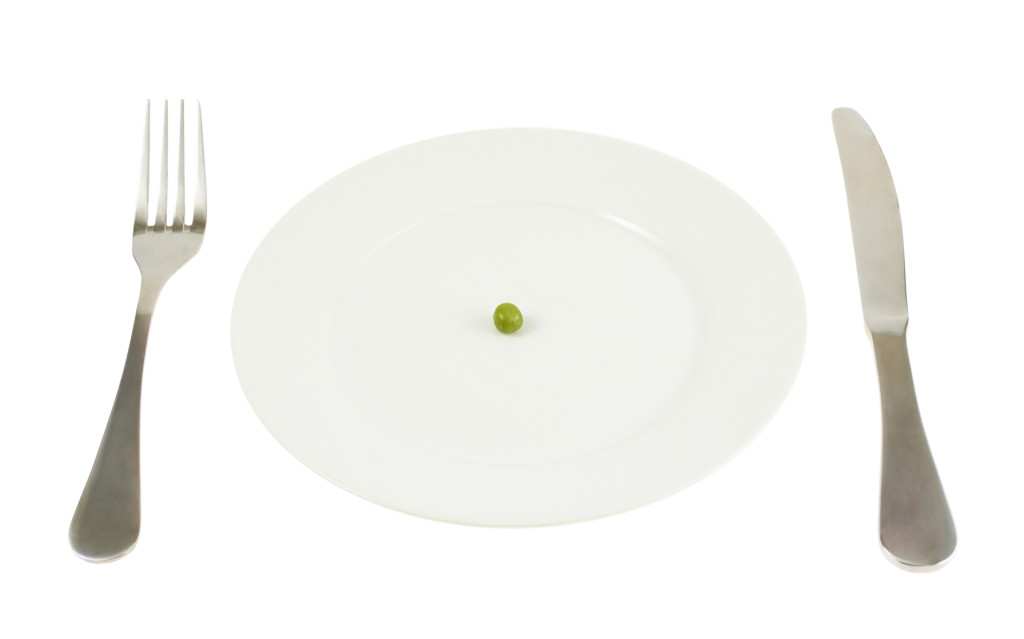PCOS Hair Loss Causes
PCOS hair loss is just one of many symptoms PCOS causes in women, which include irregular or absent menstrual periods, acne, fertility problems, pelvic pain, patchy and discolored skin, and abnormally excessive body and facial hair. Speaking of hair, another problem is that it can cause hair loss in females. This article will discuss 25 ways to prevent hair loss for those with PCOS.
But before we get to that, let’s discuss some other details about PCOS. PCOS is associated with obesity, type 2 diabetes, heart disease, sleep apnea, mood disorders, and endometrial cancer. Its onset is generally due to both genetic and environmental factors; one is at higher risk if they are obese, don’t exercise enough, or have a family history of PCOS. While PCOS doesn’t usually cause death, its related conditions can contribute to a fatality. PCOS currently has no bonafide cure.
This article describes the natural PCOS hair loss treatments available. It may be crass, or in some social circles, politically incorrect to admit it, but for many people, women included, physical appearance plays a major role in one’s personal and business success.
With the societal expectations regarding the appearance of women, this issue is especially compounded when it comes to women, unfair as it may seem. PCOS hair loss can be a very embarrassing side effect of the syndrome, but it doesn’t have to be.
One thing that is not debatable is this: a dramatic sudden deterioration in one’s physical looks due to disease has severe implications for the self-esteem and self-concept of those affected. PCOS, or Polycystic Ovarian Syndrome, are one of these disorders, as not only does it drive hard-to-control weight gain, acne outbreaks, and cysts that inhibit infertility, but it can also drive embarrassing losses of hair, dramatically affecting their perception in society, and of themselves.
Hormonal imbalances related to PCOS can cause sufferers to lose scalp hair due to the overbearing influence of testosterone, leading to a worsening self-concept and a negative view of PCOS individuals by other people.
Indeed, most women that come to the doctor complaining of excessive sudden hair loss have been found to also have PCOS
1. The mechanisms that drive other PCOS symptoms, such as obesity, also play a role in aggressive hair attrition, as we will show in the paragraphs to come.
It is vitally important that those afflicted by this disease know that there are ways to halt and reverse the damage that this genetic condition does not just to a female’s hair follicles, but to her spirit.
In the following article, we will learn how PCOS hair loss works, and then how to take action against these causes, so that those affected can get back on the road to regaining their dignity.
The Evil Origins of PCOS Hair Loss
One of the key manifestations of PCOS is the insulin resistance that it causes in affected women. It is this hallmark that contributes to obesity and Type II diabetes in sufferers of this hormone disorder, but the excessive androgen, testosterone, and its converted form, DHT that results from the irritation of excess insulin also drives the process behind PCOS hair loss in patients.
According to a study conducted by the University of Oulu in Finland
2, women with insulin resistance had been shown to experience alopecia (hair loss) in much the same fashion of PCOS women, drawing a solid link between this fact and the scourge of premature loss of hair follicles.
The cause and effect relationship goes deeper than that however, as attempted hair re-growth in women that have PCOS has often hit frustrating obstacles.
One of the key discoveries that greatly aided the cause of helping these women regain their dignity was that DHT, a sex hormone that is produced in excess quantities in PCOS sufferers, was squarely behind the PCOS hair loss that this disorder induces.
With it present in abundance, the DHT compound circulates to your scalp and starts to latch onto hair follicles, starting the deterioration process of the hair strand and blocking the absorption of essential nutrients.
Eventually, the hair strand dies and falls out, but DHT’s troublemaking doesn’t end there.
It remains attached to the follicle, inhibiting or flat-out preventing the regeneration of new hair, posing a significant problem for those looking to rejuvenate the hair on their head to the way it used to be
3.
How To Stop PCOS Hair Loss And Reverse The Damage
Now that we know how the factors behind PCOS hair loss works, we can begin to craft a plan of action to start tackling the aspects that are wreaking havoc on your beautiful, luscious locks.
The good news that there is a road map that will be laid out in the coming paragraphs that will help you overcome this obstacle to your self-esteem.
The bad news is that it is going to take a lot of work.
The inputs in your daily life that have conspired to cause PCOS to manifest in the manner that it has will need to be changed, with some changes being drastic in nature.
In order to reduce the aggravating effects of insulin, androgen, testosterone, and other hormones, lifestyle changes involving the diet you eat, the drinks you consume, and the stressors you allow into your life will need to be controlled, reduced, and if possible, eliminated.
Are you up for the challenge? I know you are, so let’s get started together!
Without further ado, here are 25 ways to ameliorate PCOS hair loss.
PCOS Hair Loss Tip #1: Diet
A good diet is important no matter what your circumstances are, but it is even more imperative for individuals with PCOS to watch what they eat. Unfortunately, diet recommendations seem to differ when you look around the internet, but even through the differing information, it’s really quite simple. Limit artificial foods, eat a bevy of greens and vegetables, and balance carbs and proteins.
PCOS Hair Loss Tip #2: Exercise
Exercise helps with reducing hair loss via PCOS for a very simple reason: it reduces testosterone. Cardio is good because it can also counteract weight issues– which like hair loss are common with PCOS– but it has to be done consistently to see positive results.
Resistance training is usually the most effective kind of cardio regimen for women with PCOS. With this being said, vary your routine. Also, make sure to take off one to two days a week from exercising; doing it three to five times a week is essential. Schedule the time on a regular basis so it’ll get done. As an auxiliary exercise, consider trying yoga as well.
PCOS Hair Loss Tip #3: Reducing Stress
PCOS and stress are not a good combination. Like many of the other items on this list, limiting stress also applies to non-sufferers of PCOS. Ultimately, stress in general has been long thought to contribute to hair loss.
Stress leads to an increase of cortisol, a hormone that not only worsens hair loss, but can cause
more serious problems including interference with learning and memory; lower bone density and immune function; and an increase in weight, blood pressure, cholesterol, and likelihood of heart disease.
Yoga and exercise, which were aforementioned, can help reduce stress. Likewise, one can try deep breathing. Since hair loss takes a couple of weeks to notice, it is important to be aware of how stressed you’re feeling.
PCOS Hair Loss Tip #4: Sleep and Eat Regularly
Not getting enough sleep can ultimately affect your mood and other functions, as sleep is regulated by two hormones: serotonin and melatonin. When these two hormones are out of balance, other hormones are affected as well.
Eating regularly keeps your blood sugar stable, which likewise keeps hormones from being subjected to lows and highs. Of course, do not overeat, but do not miss meals if you can help it.
Ultimately, if your hormones are not in a state of flux, you will notice that symptoms will be lessened– including hair loss.
Hair Loss Tip #5: Taking Care of Your Hair
There are many different ways of caring for hair that harm it for PCOS sufferers. For example, pulling hair back can lead to aggravation and hair loss, especially if one regularly transitions between different styles. Perms, dying, and bleach should be out of the question.
Limit the number of products that you use, especially those containing alcohol or sulfate, as they can deprive your hair of its health, natural growth, and essential oils. It is a good idea to experiment with how often you wash your hair; eventually, your hair will produce less oil as you wash it less.
Using a shampoo that contains organic ingredients to remove DHT (dihydrotestosterone) residue is also advisable. DHT, a derivative of testosterone, contributes to baldness.
PCOS Hair Loss Tip #6: Supplements
Although no supplement will completely ameliorate PCOS hair loss, one can help. Saw palmetto, which is produced by many different brands, helps suppress testosterone levels. 320 milligrams daily for six weeks– or however long issues persist– is a viable option. It should not be taken when pregnant or nursing.
Seven to nine milligrams of biotin can help with hair growth. 16 ounces of spearmint tea a day has been known to reduce testosterone and balance other hormones. N-acetyl Cysteine has been shown to reduce testosterone and improve insulin resistance in women with PCOS. Of course, this is not exhaustive– other supplements can be effective as well.
Hair Loss Tip #7: Jojoba Oil
Most topical treatments are not effective for PCOS– they are typically ineffective at targeting the hair follicle– but jojoba oil can help. It can provide improvement to hair quality, prevent hair loss, and even help hair regrow.
It can be incorporated into your shower routine. Before going into the shower, warm about 1 tablespoon of jojoba oil and massage it into your scalp. Wash it out of your hair as you would with shampoo.
PCOS Hair Loss Tip #8: Reduce Toxins
Unfortunately, toxins from the environment are aplenty, especially if one lives in a big city; these toxins can interfere with normal hormone functioning. This hormonal imbalance has many consequences, including hair loss.
A big part of avoiding toxins lies in one’s diet. Try to consume organic products, for starters; don’t eat farmed fish; and avoid artificial and processed foods. Also, consider using all-natural cleaning products. These are things you can control, unlike external factors like pollution.
Hair Loss Tip #9: Get Your Thyroid Checked
PCOS Hair Loss Tip #10: Finasteride
You want to be careful about taking prescription drugs, but many are effective in treating the hair loss associated with PCOS. For example, there is the drug Finasteride; it blocks an enzyme that converts testosterone to its more active form, which normally leads to hair loss. Essentially, by not allowing testosterone to take over, any given woman doesn’t experience significant hair loss.
Hair Loss Tip #11: Birth Control Pills
Birth control pills, also known as oral contraceptives, can in fact be used to prevent pregnancy for those with PCOS. Even if one isn’t pregnant however, birth control pills can help in that they increase two female hormones: estrogen and progestin. (Both are naturally occurring hormones in females.)
Remember to ask your doctor about the side effects of any drug, including an oral contraceptive.
PCOS Hair Loss Tip #12: Insulin-Sensitizing Agents
As aforementioned, women with PCOS often have insulin problems. Insulin-sensitizing agents are medications that make one’s body more receptive to insulin, in turn keeping glucose levels in balance. If not checked, diabetes and other maladies can result.
Other benefits of insulin-sensitizing agents include: the clearing of acne and reduction of unwanted hair growth; the growth of scalp hair; weight loss; lower cholesterol levels;
more regular periods; and the reduction of infertility commonly associated with PCOS.
Regular ovulation should occur within four to six months of taking a medication. A common medication is Metformin.
Hair Loss Tip #13: Anti-androgens
Although anti-androgens usually don’t affect hair growth, they can help with other issues related to PCOS. Androgens, while present in males and females, are hormones that produce male traits and mimic male reproductive activity. By reducing androgen levels, one can reduce excess hair growth and clear acne.
Anti-androgens are usually taken along with birth control, as anti-androgens can cause birth defects. Take note that no anti-androgen has been approved by the FDA for the treatment of PCOS.
PCOS Hair Loss Tip #14: Hair Transplants
Although it doesn’t address the root of the problem– namely high testosterone levels– hair transplants can be helpful for many women in that they combat male pattern baldness. Transplants allow one to combat a receding hair line or hair loss on the top of one’s head.
With transplants, follicles of hair are taken from places where there is healthy hair growth and transplanted to places where hair growth is thinning. If your entire head is experiencing hair thinning or hair loss, finding donors can be tricky.
Do understand that hair implants can be expensive; a typical graft of hair costs $5 to $7, and usually a doctor won’t bother with less than 500 to 700 grafts.
Hair Loss Tip #15: Apple Cider Vinegar and Baking Soda
Unlike hair transplants, using apple cider and vinegar is a very inexpensive way to improve hair health. It can be applied on top of the head, and can be used to prevent hair from thinning. (Unfortunately, it doesn’t help grow new hair.)
One can also drink the solution, starting with about two teaspoons a day mixed in water, and have it in the morning before meals. Eventually, increasing to two tablespoons two to three times a day is not a bad idea. If it’s too strong for you, mix with orange juice or another kind of juice that masks the flavor.
PCOS Hair Loss Tip #16: Cut Back on Meat
Although this could come under the banner of diet, it warrants a category on its own because becoming vegetarian is often thought of as a lifestyle choice, rather than one that is dietary.
Eating meat, for a variety of reasons, can lead to hormonal imbalances. One prime reason why is that many the animals of many meat products were injected with hormones of their own during their lifetimes; these hormones are passed onto consumers.
Japanese researchers ultimately found that eating meat led to excessive sebum production in the scalp. Sebum is what lubricates hair, but it also creates DHT, which leads to hair loss. The Japanese researchers came to the conclusion that the intake of animal fat leads to increased sebum production in many.
Hair Loss Tip #17: Don’t Smoke
Although it may sound obvious, smoking with PCOS is a horrible idea. First of all, smoking is just horrible for your health– it is linked to over 50 different diseases including lung cancer and heart disease. Secondly, studies have shown that male pattern baldness and hair loss is linked to smoking behaviors. On the more extreme side of the spectrum, it has been found that those who smoke more than 20 cigarettes a day more than double their risk of having moderate to severe hair loss than those who never smoke.
Ultimately, your androgen levels are higher if you smoke; remember, high androgen levels can lead to unwanted symptoms for females. Smoking is an expensive and unhealthy habit that should be avoided, regardless of whether you are currently experiencing PCOS or another malady.
PCOS Hair Loss Tip #18: Fish Oil
Although technically a supplement, fish oil is good for uses outside of PCOS, and it is a good supplement to start taking at any age. Fish oil is rife with omega-3 fatty acids, which help improve insulin sensitivity and reduce androgens. The American Journal of Clinical Nutrition published a study which indicated that omega-3 fatty acids can improve the symptoms of PCOS by putting androgen levels into balance. Thus, like not smoking and taking anti-androgens, this is another way to avoid an influx of androgens.
Most people know about fish oil’s cognitive benefits, but taking fish oil supplements can also help reduce body fat, decrease inflammation, and fight against chronic disease. It is not dangerous to take multiple fish oil capsules a day.
Hair Loss Tip #19: Biotin
Quite simply, biotin encourages hair and scalp health. It does this by improving glucose tolerance in females; many women with PCOS also have impaired glucose tolerance (IGT).
In studies done on rats by Tohoku University in Japan, it was shown that high amounts of biotin in supplement form helped rats to significantly reduce their IGT. The researchers also documented that the rats taking in the highest amount of biotin in supplement form shed weight despite an increase in food intake.
Not all women are deficient in biotin, but many are. In addition to scalp hair restoration, biotin has been known to improve the control of blood sugar and aid in insulin production; reduce triglycerides and the risk of cardiovascular disease; promote weight loss; and for pregnant women, reduce the risk of birth defects. Smoking cigarettes, mentioned earlier in this list, causes the loss of biotin; if one smokes, taking supplements can help restore a loss of biotin.
PCOS Hair Loss Tip #20: MSM
Methylsulfonylmethane, known as MSM, is a naturally occurring chemical often used to reduce pain and swelling in the joints. MSM is essential for hair growth, as it both aids in producing the protein keratin (which provides structure for nails, skin, and hair), and acts to strengthen hair follicles.
One study found that everyone supplemented with MSM demonstrated a reduction in hair loss, along with increased growth in only a period of six weeks. Many physicians also recommend MSM because of the purported fact that it helps build collagen, which keeps skin and hair supple. Collagen deficiency can lead to a number of maladies, such as scurvy.
All in all, MSM is probably a good thing to take just for the fact that it helps with exercise and bodybuilding– it helps repair your muscles. Its uses for hair growth are disputed by some, but as aforementioned, it has been proven to work in many clinical settings.
Hair Loss Tip #21: Rosemary Essential Oil
Rosemary essential oil is great for increasing circulation to the scalp.
This increase in circulation is helpful in that it rejuvenates hair follicles. It can be used much like the apple cider vinegar and baking soda solution mentioned earlier in this article in that you can apply it to the head– or in the shower. (You won’t want to drink it obviously, but it sure smells a whole lot better than apple cider vinegar.)
If you choose to massage the rosemary in, you can add two drops of rosemary oil for every ounce of a carrier oil. After three minutes of massage, you can wash or wipe your head of the oil. Hot oil treatments can be done as well, but they involve a bit more effort and preparation than the other two options.
PCOS Hair Loss Tip #22: Avoiding Hair Products Containing Toxic Chemicals
Although it was mentioned that hair products containing alcohol and sulfate should be avoided at all costs, there are additional hair care product ingredients that are toxic.
For example, parabens– commonly used as preservatives in shampoos and conditioners– have been shown to disrupt hormone function. Phthalates act as softeners in care products, such as cosmetics and shampoo, and they have been shown to tamper with hormones; they also cause reproductive and neurological damage.
The list goes on and on: formaldehyde, fragrance, dioxane, phenol, acrylamide, proplene glycol. Remember that many of these ingredients are in non-hair care products, and they are just as harmful. Buy natural and organic care products as much as possible.
Hair Loss Tip #23: Comfortable Hairstyles
As aforementioned, certain hairstyles can lead to the loss of hair, which is unfortunate for those with PCOS. For example, cornrows or a bun might look good in the short-term, but in the long-term, they may lead to a serious loss of hair. The same goes for wearing your hair up tightly in any fashion, using rollers too often, braids, and hair extensions.
The technical term for this phenomenon is traction alopecia.
The science behind it is that when hair is subjected to excessive or prolonged tension, the hair shaft begins to be pulled, damaging the follicle of the hair. Traction alopecia is usually curable, and it is most common amongst women.
Obviously, with PCOS, you want to avoid these hairstyles or habits in the first place, as you have hair loss working against you.
PCOS Hair Loss Tip #24: Crash Diets and Extreme Weight Loss
With crash diets and extreme weight loss, you are likely not only shedding pounds; you’re very likely shedding hair. The hair loss probably won’t be immediately evident– it may only take three to six months to notice any effects– but it will be shocking when it does happen. It typically only happens to individuals who lose 15 or more pounds.
To avoid hair loss from weight loss, try to not change your diet too drastically, and
try to limit weight loss to two pounds a week. Make sure you’re getting enough protein, calories, and nutrients as a whole. The condition of losing weight from hair loss is typically known as
telogen effluvium.
Hair Loss Tip #25: Making Sure You Don’t Have Other Medical Conditions
Although hair loss is common for women with PCOS, there is the possibility that another condition is masking it. For example, scalp psoriasis can cause the shedding of hair, and for many it can be difficult to treat.
Alopecia areata or alopecia universalis both cause hair loss, as they are autoimmune diseases that attack hair follicles. Folliculitis is the inflammation of hair follicles; ringworm can cause hair to fall out; and seborrheic dermatitis is a condition that causes temporary hair loss.
Ultimately, it is important to know what is affecting you, which can be achieved best by consulting medical assistance.
https://www.aad.org/dermatology-a-to-z/diseases-and-treatments/e—h/hair-loss/who-gets-causes
Drugs, Drugs, Drugs: Some Are Good, Some Are Bad!
Those looking to treat the PCOS induced loss of their hair have several treatment options available to them, such as Finasteride, which blocks an enzyme that converts testosterone to its more active form, thus suppressing the activities of this hormone that contributes to PCOS hair loss in women.
Side effects of this drug include breast tenderness and increased libido (e.g. it puts you in the mood to get busy). While this may seem like a good thing for women suffering from a disease that stifles fertility, use of this drug while trying to conceive is discouraged, as it has been shown to stunt or deform the growth of male sex organs in a developing male fetus 4.
A supplement you may want to consider adding to your arsenal in your own personal war against PCOS should be N-acetyl Cysteine. Despite the scary-sounding, tongue-twisting name, this compound has been shown to markedly improve the insulin sensitivity in cells of those suffering from resistance to this normally accepted hormone
5, reducing its excess circulation that leads to the problems with androgen that you are familiar with by now.
One thing you will definitely want to avoid in your quest to retain and reclaim your hair from the ravages of this disease are hormonal therapies, such as estrogen and progesterone.
While it has been proven that these treatments do succeed in regaining lost hair, it comes at the tremendous risk of developing breast and ovarian cancer, high blood pressure, and potentially fatal blood clots.
Eating A Low-Carb, High Protein Diet
Eating a healthy diet is another big preventative step towards minimizing the PCOS hair loss associated with the metabolic ravages of the syndrome.
The overproduction of testosterone that leads to unwanted hair loss is strongly linked with insulin resistance, as mentioned in the introduction to this article. Therefore, if one consumes a diet that is low in simple carbs and high in protein, the spikes in insulin produced by very high amounts of blood sugar will become a thing of the past, reducing the amounts of harmful inputs that drive PCOS hair loss in women
6.
When you are at the grocery store overhauling your diet, it is vital to also ensure that the meats, veggies, and fruits that you are purchasing are also free of environmental pollution, hormones, and antibiotics.
The industrial nature of our modern food system has seen all of these unsavoury elements enter it, which has contributing to a creeping toxicity in people throughout the world.
In women with PCOS, compounds such as BPA, various heavy metals, and pesticides often interfere with already unbalanced hormone levels, aggravating the effects of this complex disorder
7.
One must also be consistent with regards to eating times, as irregular eating habits have been shown to cause insulin spikes
8.
Given insulin’s role in aggressively producing the androgen that is behind PCOS hair loss in women, keeping consistent meal times on a tight schedule (no skipping breakfast/lunch, avoiding later or earlier than usual dinners, etc) along with the advised diet mentioned just previously will go a long way to limiting this all too apparent symptom of PCOS.
In addition to eating properly according to low carb Paleo principles at predictable times, taking additional natural supplements may be advisable as well.
For example, it is known that taking saw palmetto suppresses hormonal and enzyme activity that converts testosterone to DHT (its more troublesome form) for PCOS sufferers, not only leading to a reduction in PCOS hair loss, but also outbreaks of acne and unwanted hair in places where they don’t normally occur in women (goodbye ugly facial hair!)
9.
Another wrinkle that you may want to add to your daily routine may also include a refreshing cup of spearmint tea. Already a perky way to begin your day or to relax after the hectic parts of it have past, the compounds within this herbal remedy have been analysed by studies, which have revealed that they have a significant effect in reducing androgen levels in the bodies of women suffering from PCOS
10, which accordingly has the effect of tripping up the mechanism by which hair loss occurs.
Chill Out, Sista! How Sweating The Small Stuff Makes Your Hair Fall Out
Controlling your stress can also go a long way to reducing PCOS hair loss. When you freak out over the myriad of stressors present in today’s hectic and harried modern world, your body produces cortisol, a hormone that brings more blood sugar out of your cells and into your bloodstream 11.
This response was likely related to our hunter-gatherer past, when constant danger lurked in the shadows, causing this metabolic pathway to evolve to allow for a quick response to any threats that arised.
These days, immediate threats to our lives aren’t nearly as present, but these mechanisms are much slower to change.
In PCOS patients, the effect of bringing excess glucose into your body also is a harbinger of excess insulin, which drives androgen that causes rapid hair loss in women in their prime.
As such, it is vital to take care of your mental health when the demands of the world hammer away at your door, lest you let it cause your hair to fall out!
Ugh, Nothing’s Working … WHAT NOW?
By following the dietary and lifestyle changes outlined above, you can enjoy much of the benefits afforded by this hazardous shortcut, while assuming none of the potential risk to your life. Better off with a little less hair and being fully alive, than gaining back a full head of hair and dying shortly after due to an illness brought on by side effects that are widely known by all in the medical community!
However, if you have done all of the above and you are still experiencing significant problems with hair loss potentially related to PCOS, you may want to book an appointment with your doctor. Ask him or her to check your thyroid gland for hypothyroidism, which can result in slow growth of hair, and hair losses throughout many areas of the body 12.
While it is not fully known whether PCOS can lead to hypothyroidism, or vice versa, women that have PCOS and who struggle with hair loss despite cleaning up their diet and lifestyle should be checked for this thyroid condition
13.
Drugs like Levothroid, Levoxyl, or Synthroid will be prescribed to treat this condition, which are generic names for the compound levothyroxine. This drug effective replaces the thyroxine that your thyroid is not producing, allowing balance to be restored to your bodies’ functions.
Dealing With PCOS Hair Loss
Losing hair in your prime can be a traumatic experience. No matter the cause, the loss of this highly valued barometer of attractiveness can cause anyone to question their self-worth, while certain judgmental gatekeepers in society may be subconsciously influenced by issues of physical attractiveness.
While the latter case is clearly unacceptable in today’s society, the presence of this bias that has predominated in the past still lingers, and while one hopes that one day appearance won’t matter when it comes to one’s merit, maintaining appearances in the present has a much larger net benefit to one’s self-esteem.
However, risking your health to validate yourself in eyes of a few people certainly isn’t worth it either. As such, it is vital to consult a physician before undertaking any of the recommended treatments and modalities laid out in this report.
It is better to take your time, do things as directed as experts in the field, than to get impatient and get sucked in by snake oil peddlers promising a quick fix, or worse, take a dangerous drug in dosages that are outside what was indicated and end up dying of an overdose, or end up getting a chronic health condition such as heart disease or cancer.
Rome took more than one day to construct, but when it was finished, it was the pride of the civilized world. With your scalp, you may not have those smooth silky strands back tomorrow, but one year out from your post PCOS lifestyle change, you’ll look back at where you were compared to the vision of loveliness that you will be, and you will beam with the pride that comes from having earned your reward.
References
1. European Society of Endocrinology
2. European Journal of Preventive Cardiology
3. Medical News Today (MNT)
4. Clinical Interventions in Aging
5. Fertility and Sterility
6. The American Journal of Clinical Nutrition
7. Natural Health Solutions for PCOS
8. European Journal of Clinical Nutrition
9. Longevity Medical Health Center
10. Phytotherapy Research
11. Medscape
12. Alopecia in Hypothyroidism
13. Archives of Gynecology and Obstetrics



















